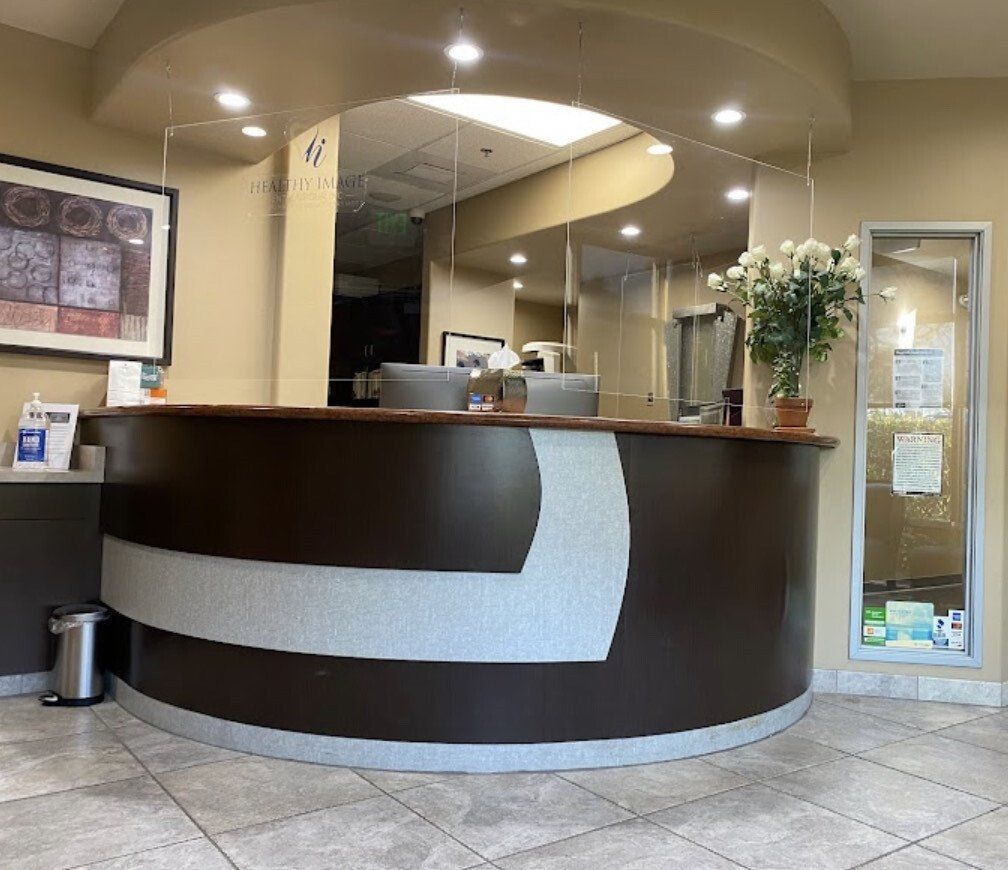Do I Need to Have My Wisdom Teeth Removed?
- By Dr. Sindy F.
- •
- 04 Jan, 2018
Straight, Healthy, and Uncrowded
Preventive Removal
Urgent Issues
Damage to the surrounding teeth: If X-rays show that your wisdom teeth are pushing on their neighbors, it is important to take them out. Allowing your teeth to become crowded can cause shifting, problems with your bite, and pain, and can put you at an increased risk for tooth decay.
Jaw problems: Sometimes emerging teeth cause cysts to form. Over time, these cysts can damage the jaw and the surrounding nerves. Depending on the location and severity of the cysts, your wisdom teeth may need to be removed.
Sinus trouble: Wisdom tooth problems can cause pressure on the sinuses. Depending on exactly what the issue is, you might experience chronic sinus pain and congestion. In these cases, extraction is usually the best choice.
Cavities or gum disease: If you have trouble cleaning your wisdom teeth and the surrounding gum tissue, you might experience inflammation and tooth decay. Once this sets in, extracting the teeth is often the best road to recovery.
Alignment issues: If you have had previous dental work, your wisdom teeth can undo the effects if they are not perfectly straight. Many people with braces, bridges, or partial dentures find that they do not fit as well when the wisdom teeth start coming in. As your prior dental work was deemed necessary, it is very important not to undo it. Alignment issues are a very common reason to extract otherwise healthy wisdom teeth.
While it was once a routine procedure, today, whether or not to remove your wisdom teeth is a complex decision based on a number of individual factors. Your dentist will take X-rays, perform a thorough examination, and review your current and prior dental health. If you need to have your teeth extracted, your dentist will explain why. While the decision on whether or not to go through with an extraction is always yours, you are strongly encouraged to follow your dentist’s advice. In some cases, there is no need to remove wisdom teeth, but extraction can become necessary for many reasons that might not be immediately obvious to you.*CLOSED FOR LUNCH
12:00 PM - 1:00 PM
916.786.6431
| HOURS OF | OPERATION |
|---|---|
| Monday | 8:00 am - 5:00 pm |
| Tuesday | 8:00 am - 5:00 pm |
| Wednesday | 8:00 am - 5:00 pm |
| Thursday | 8:00 am - 5:00 pm |
| Friday | APPOINTMENT ONLY |
| Saturday | CLOSED |
| Sunday | CLOSED |

OUR LOCATION
576 N. Sunrise Ave Suite 140 Roseville, CA 95661
Healthy Image Dental Group, Inc.
576 North Sunrise Avenue Suite 140
Roseville, CA 95661
Office (916) 786.6431
Email: healthyimagedentalgroup@gmail.com
Copyright ©2024 Healthy Image Dental Group, Inc. All Rights Reserved. Designed by Beautiful Site Designz
